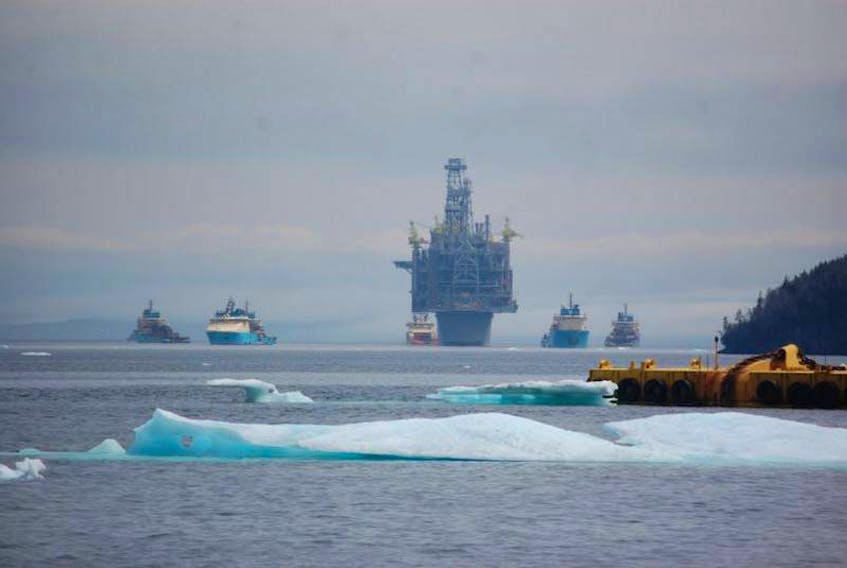In an article published on Dec. 4, The Telegram quoted a report issued by Climate Watch NL. The report contains a number of inaccuracies. (“Newfoundland and Labrador carbon pricing plan favours oil and gas industry: Climate Watch NL.”)
In particular, the report states the oil and natural gas industry in Newfoundland and Labrador will be exempt from provisions of the province’s proposed carbon pricing policy. This statement is misleading.
The offshore exploration industry is exempt from direct carbon taxation, but the industry will pay through performance standards and the carbon tax on fuels used for non- exploration activities. Offshore production facilities will fall under a provincially designed performance standard similar to the federal government’s system. This policy is designed to help encourage emission reductions, enable innovation, and help protect the competiveness of emission intensive, trade exposed (EITE) sectors such as oil and natural gas.
Money is mobile – investors can place their funds anywhere in the world. Therefore, a major concern for EITE industries is that introducing high regulatory costs in Canada could drive new growth investment away from Canada to jurisdictions with little to no environmental regulations. This is called carbon leakage, which has the potential not only to be detrimental to global climate change efforts but also will lead to economic losses for Newfoundland and Labrador.
Performance standards help to prevent carbon leakage while creating incentives for industry to reduce emissions. This is why many provincial governments, and the federal government, have chosen performance standards as the main approach for managing carbon pricing for industrial sectors in Canada.
Further, the report proposes that a carbon price should be imposed on large industries and increased over time, stating, “This approach will encourage large industry to put effort into identifying solutions to reduce their emissions.” The oil and natural gas industry is already taking such steps and has been doing so for years. The oil and natural gas industry is committed to meeting environmental regulations and reducing emissions. Performance standards allow the flexibility for the industry to develop and employ technologies that enhance environmental performance while preventing carbon leakage.
Paul Barnes,
Director, Atlantic Canada and Arctic Canadian Association of Petroleum Producers









